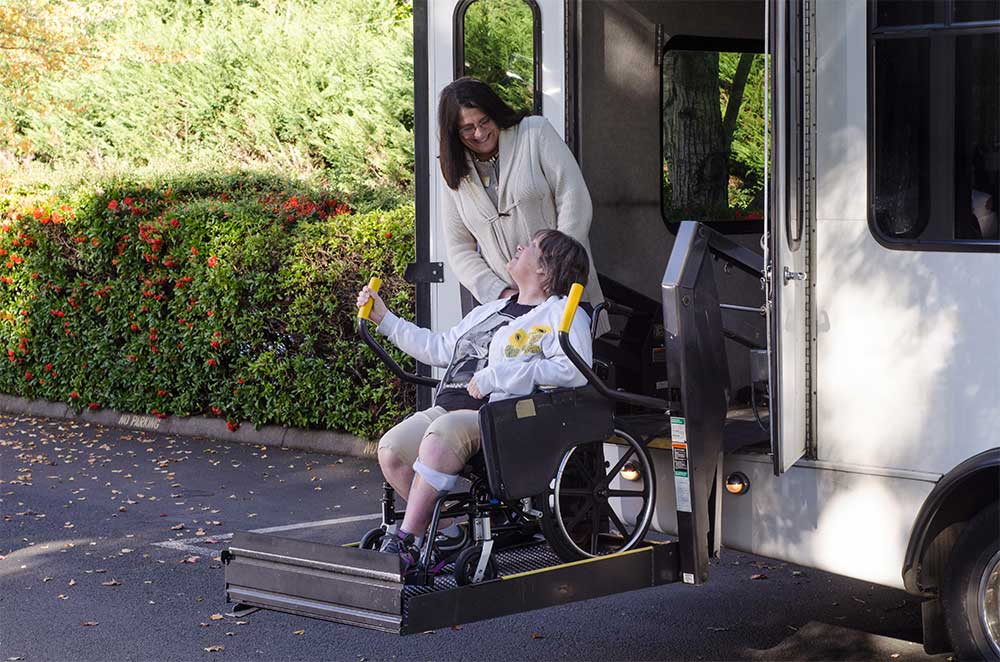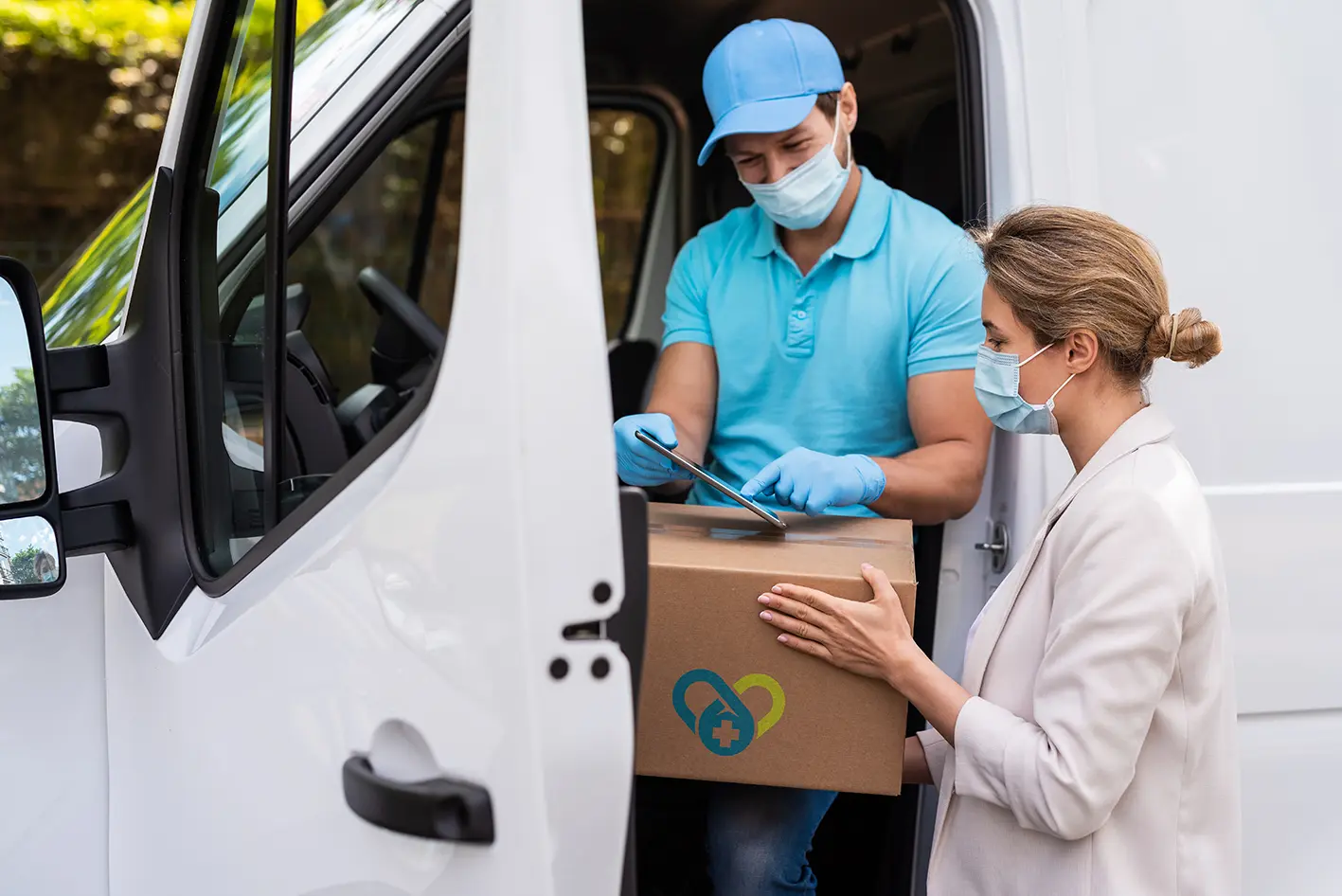Streamlined Medical Transportation: Making Medical Care Accessible for All
Cost Effective and Accessible Medical Transportation Options for each Scenario
In the world of healthcare, the capability to accessibility clinical solutions is vital, yet the obstacle of budget friendly and easily accessible transport can often prevent people from receiving required care. By exploring specialized medical transport services, neighborhood transportation programs, ride-sharing and taxi services, non-emergency medical transport, as well as public transit and paratransit options, individuals can locate methods that provide to their specific requirements and ensure they obtain the care they need.
Specialized Medical Transport Provider
Specialized clinical transport solutions play an important role in making certain secure and effective transport for individuals requiring specialized care throughout transit. These solutions accommodate clients with distinct medical needs, such as those requiring continuous tracking, specialized devices, or medical treatments during transportation. By utilizing particularly equipped automobiles and skilled clinical workers, specialized clinical transport solutions guarantee that individuals receive the needed treatment while being carried in between healthcare facilities, houses, or various other locations.
One secret facet of specialized clinical transportation services is the concentrate on individual convenience and security. Clinical transportation groups are trained to manage numerous medical conditions and emergency situations that may develop throughout transit, supplying a higher degree of treatment than typical transport options. Additionally, these services frequently use door-to-door aid, minimizing the tension and discomfort that clients may experience during transfers.
Community Transportation Programs
Having addressed the critical duty of specific medical transport solutions in making sure risk-free and effective transportation for people with special medical demands, the focus currently moves to analyzing Community Transport Programs - medical transportation. These programs play an important duty in offering budget friendly and accessible transportation solutions for the general populace, including senior citizens, people with disabilities, and low-income households that might deal with difficulties in accessing traditional transportation options
Community Transport Programs incorporate a series of services such as fixed-route buses, paratransit services, volunteer chauffeur programs, and ridesharing campaigns. These programs are frequently subsidized by city governments, charitable companies, or personal business to make sure that individuals have trustworthy transport alternatives to get to clinical consultations, food store, social tasks, and other vital destinations.
Ride-Sharing and Taxi Services

One of the essential advantages of ride-sharing and taxi services is their accessibility. These services operate 24/7, allowing people to take a trip to medical appointments, pharmacies, or medical facilities at any moment of the day. Furthermore, ride-sharing and taxi services accommodate people with mobility difficulties by supplying wheelchair-accessible cars upon request.
Additionally, ride-sharing and taxi services can be especially helpful for people staying in locations with limited public transportation alternatives. By linking the space in between home and medical care facilities, these solutions play an essential function in making sure that every person has access to necessary medical solutions.
Non-Emergency Medical Transport

Non-Emergency Medical Transport providers typically utilize trained employees who are experienced in aiding individuals with varying clinical requirements (medical transportation). These specialists make sure that people are securely transferred to their locations in a prompt way, addressing any type of details demands or clinical devices essential during the journey. By supplying door-to-door service, Non-Emergency Medical Transportation boosts the general access of health care for people who might or else struggle to go to critical clinical consultations. In general, these solutions add significantly to boosting medical care outcomes by helping with the smooth transport of patients to non-urgent medical facilities.
Public Transportation and Paratransit Options
Public transportation and paratransit options offer essential transport services for individuals with differing mobility demands, making certain access to essential destinations such as clinical facilities and consultations. Public transit systems, consisting of buses, trains, and subways, supply an economical and commonly readily available setting of transportation for people seeking to reach clinical appointments. These solutions are especially helpful for those that may not have accessibility to exclusive automobiles or call for assistance because of flexibility difficulties.
Paratransit solutions provide specifically to individuals with handicaps who are incapable to use standard public transport. These solutions offer door-to-door transportation, suiting people with wheelchairs, walkers, or other wheelchair help. Paratransit automobiles are outfitted with features such as wheelchair click here to read ramps and securement systems to guarantee the risk-free and comfortable transport of travelers with differing flexibility needs.

Verdict
